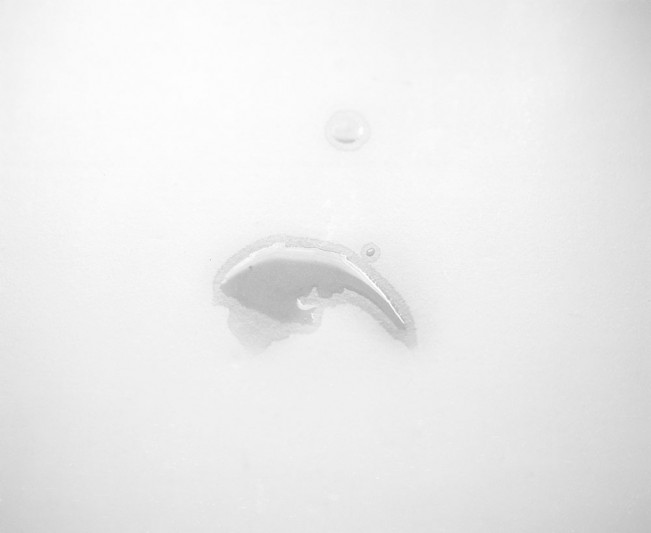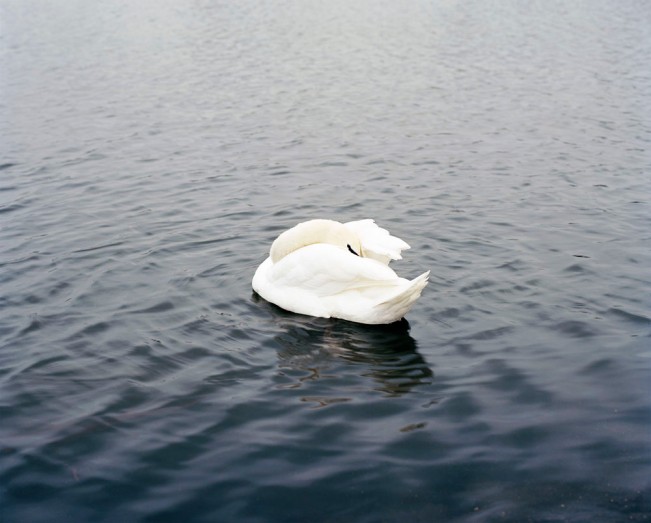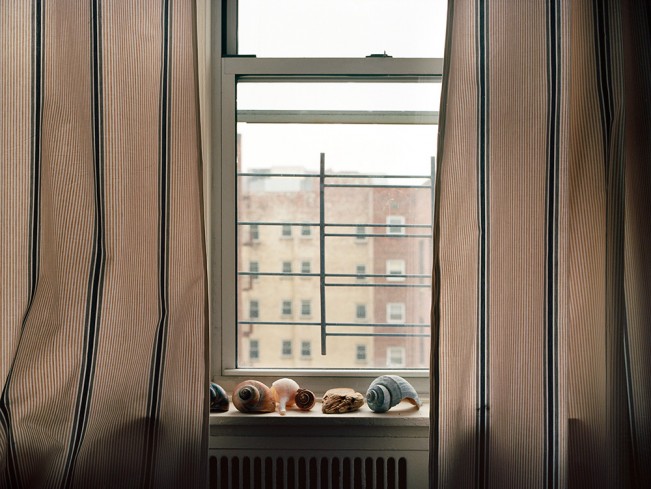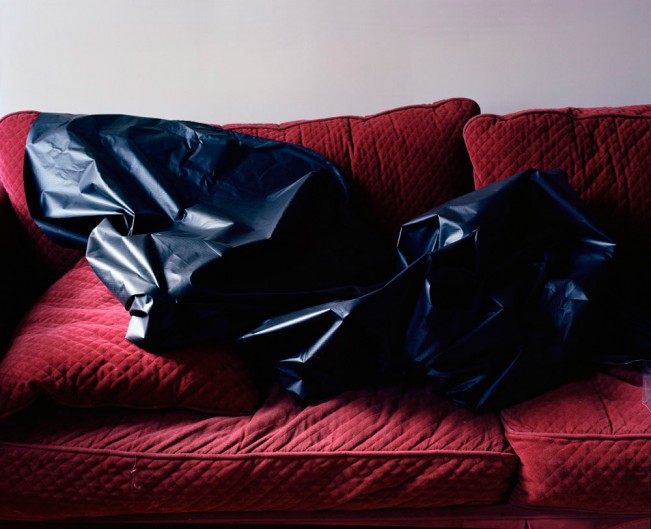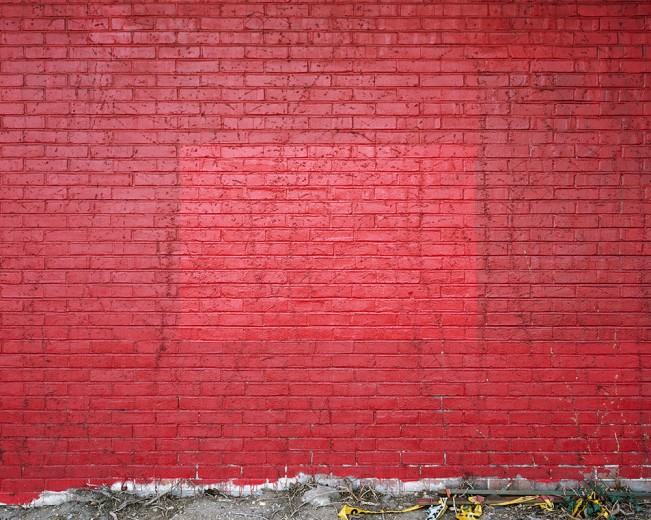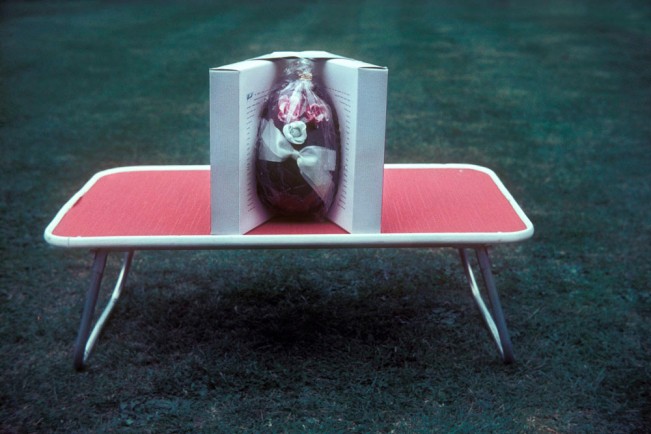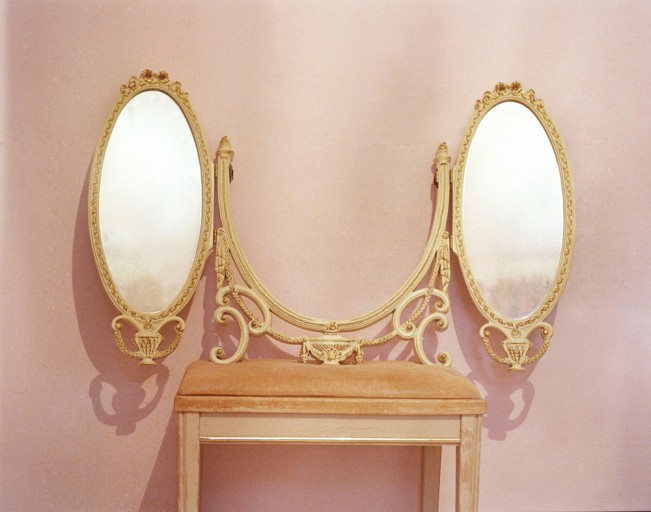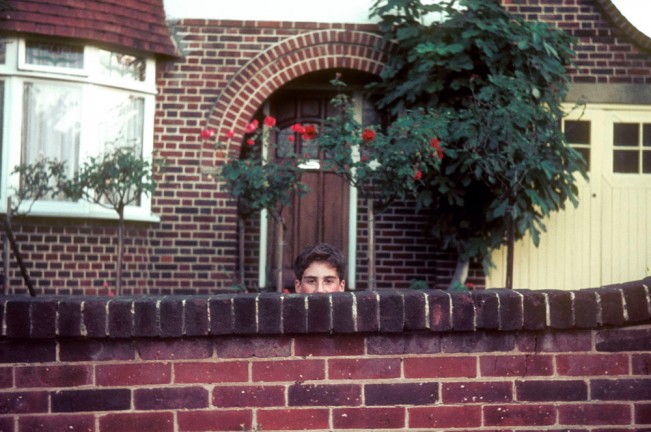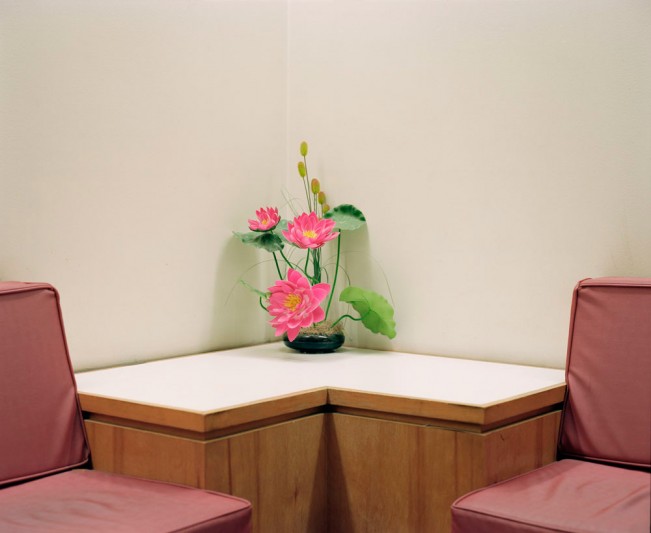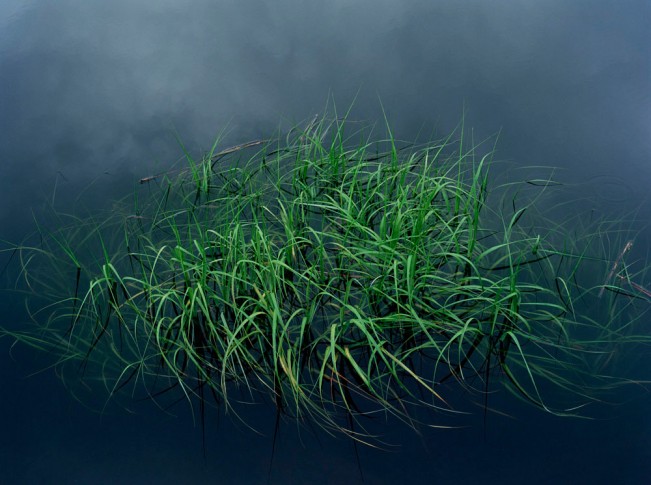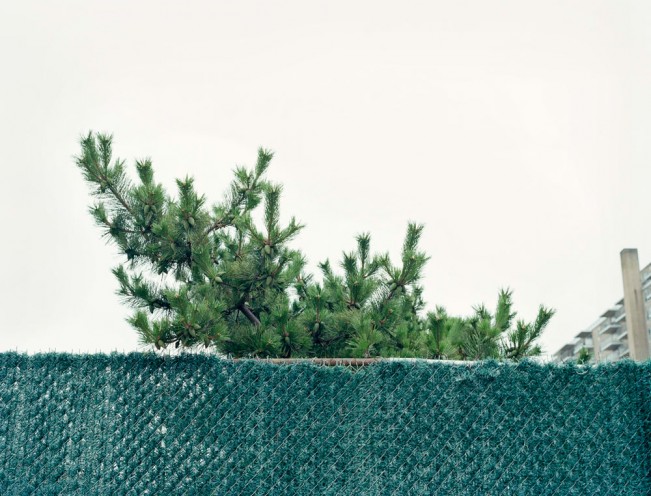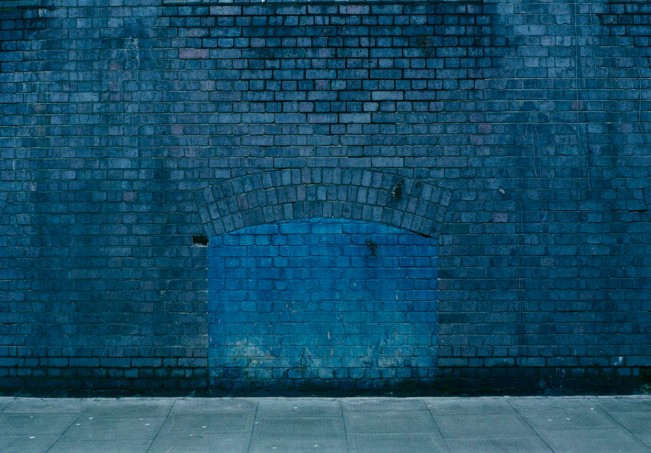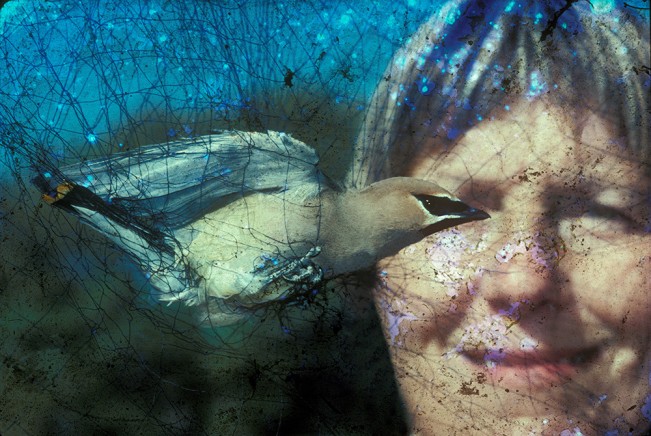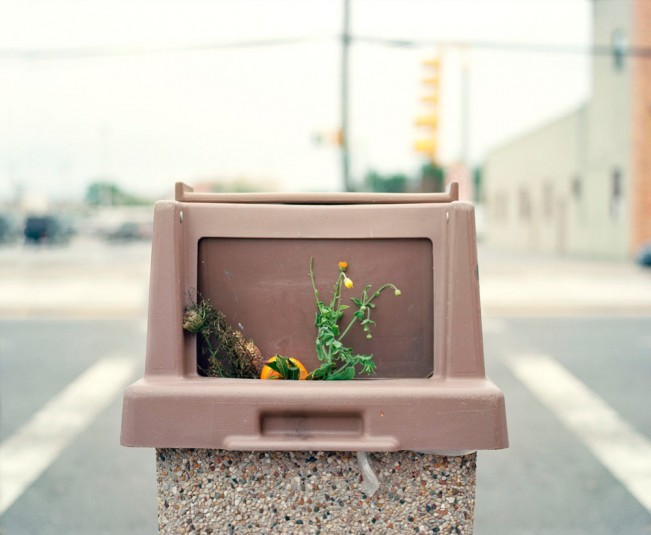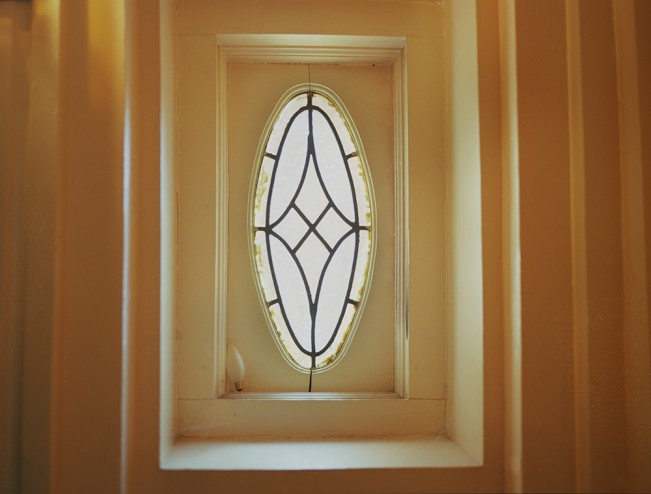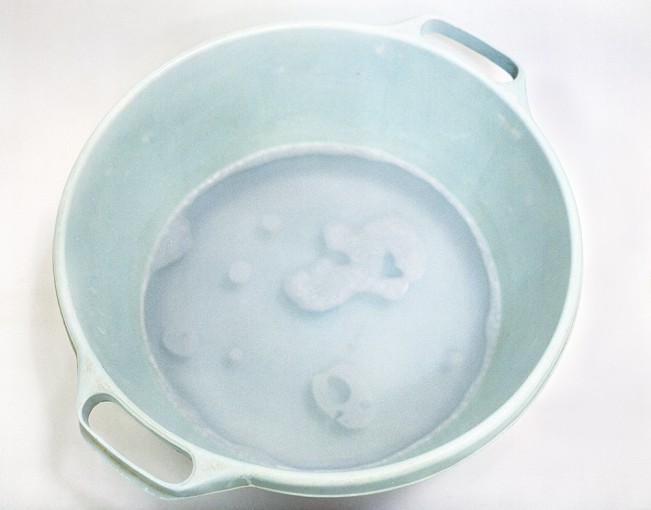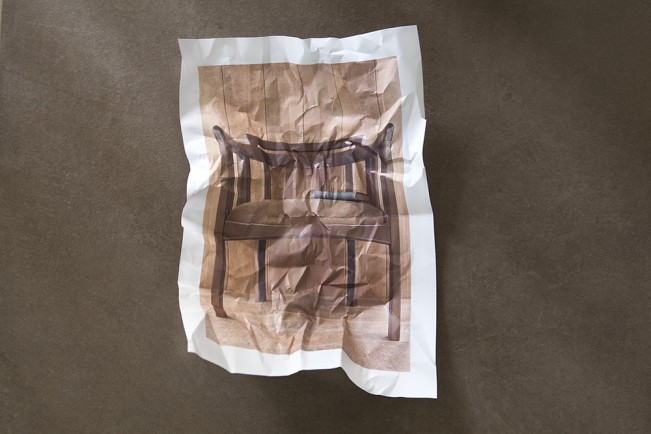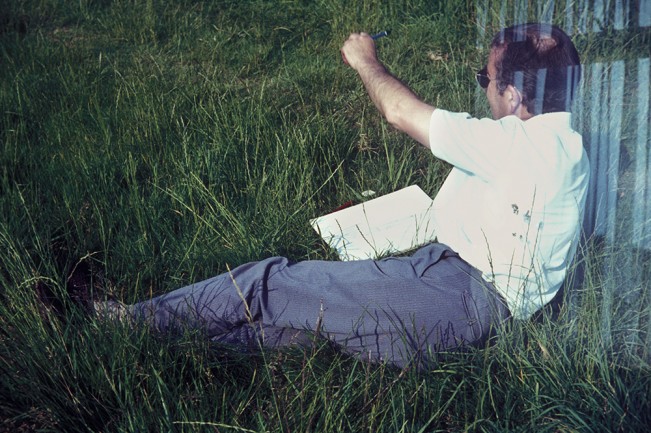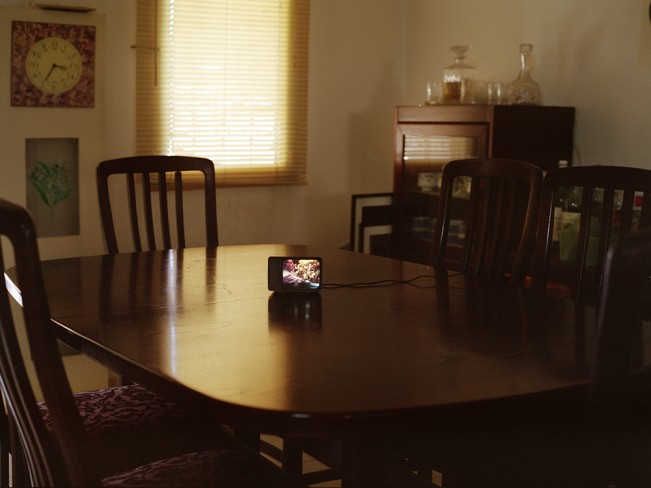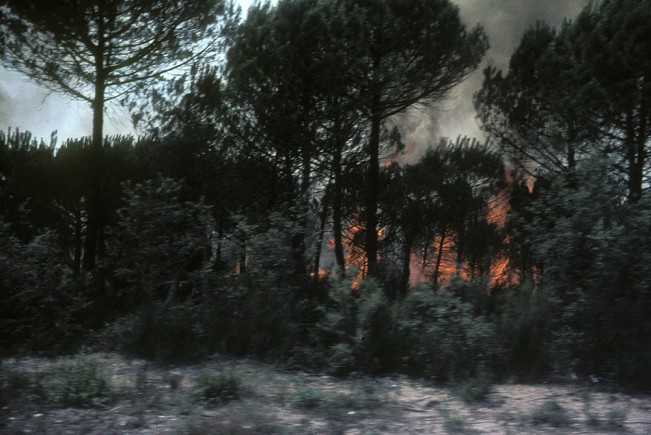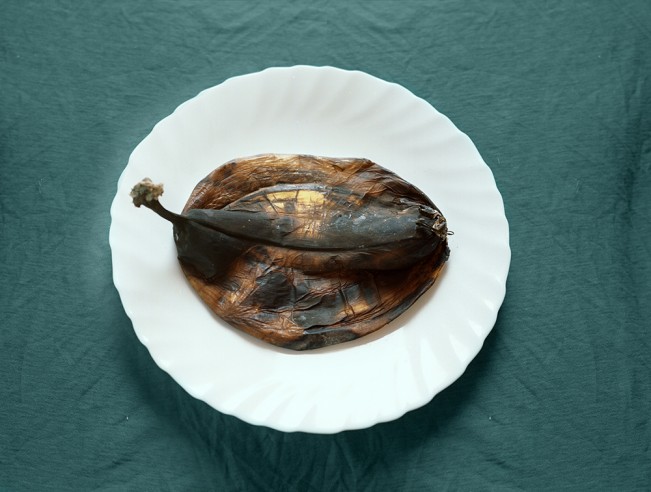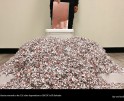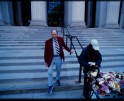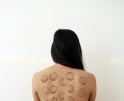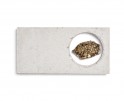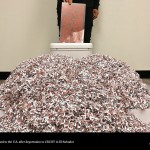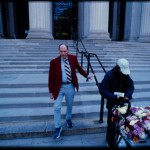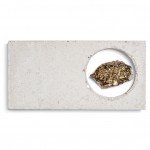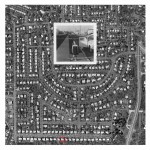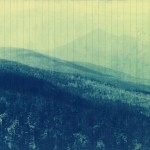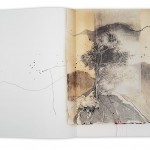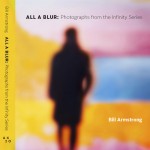Dana Stirling: Cache Memory
Dana Stirling had caught my eye when putting together the 2013 Family Exhibition. In just this one image of a mother sleeping, I became nostalgic to my own memories growing up. My connection with the image went ran deeper that just pure appreciation, it sparked a combination of joy and sadness. Dana’s series Cache Memory is a look into the map of moments that she does not want to lose. The work is a journal that embraces the beauty of the everyday, and revisits the past through enigmatic reconstruction.
Cache Memory
My family roots back to Europe, but I was born in Israel. I was born two year after my family migrated to Israel due to anti-Semitic attacks on my brother’s Hebrew school. I was a child on a fence; a daughter to a migrating family. The house within culturally stayed European but outside was the Israeli controversial culture. I always felt a misfit with my partial incomplete identity; torn apart between parents who have never blended in to the Israeli culture I felt only half belonged too.
Over the years I have heard of my parent’s memories and stories. I remember hearing of snow, youth and happiness. Stories of happier days. The stories held on to the memories of times that I wasn’t a part of, and portraits of family members that always remained anonymous to me and their faces where no more distinct than any other person in generic photo album. These stories were supposed to be my heritage.
Family albums had become a standard in a process of portraying a family and the creation of a collective memory. Things as a birthday cake, children taking a bath or a family trip have become a portrait of the normal memory. Sometimes we don’t even remember the occasion but we can relive it by looking at the picture and assuming we remember the memory it represents. Both my family albums and the generic family albums are fascinating to me. As I grew up I’ve started to question photography’s function as my memory, as my family heritage. I cannot find much of a different between the histories found in my own family album to any other family album.
I started to look for my identity not only in the old photos but reflect my feeling from these photos on to the world around me. I look for Moments and objects were there is a tension that is created by their incomplete aesthetic. Photography allows me to look at the little and unimportant objects around me and make them a part of my history just by giving them attention. By looking at them I capture them to remember, not letting them go away, yet not trying to save them. Watching their last seconds before I leave and the moment becomes irrelevant, capturing their last breath. With my camera I grant them with eternity and in that I grant myself a memory.
Posts on Lenscratch may not be reproduced without the permission of the Lenscratch staff and the photographer.
Recommended
-
Margo Ovcharenko: OvertimeJanuary 27th, 2026
-
Yumi Janairo Roth: EFFIGY 1462January 20th, 2026
-
Nathan Bolton in Conversation with Douglas BreaultJanuary 3rd, 2026
-
Salua Ares: Absense as FormNovember 29th, 2025


